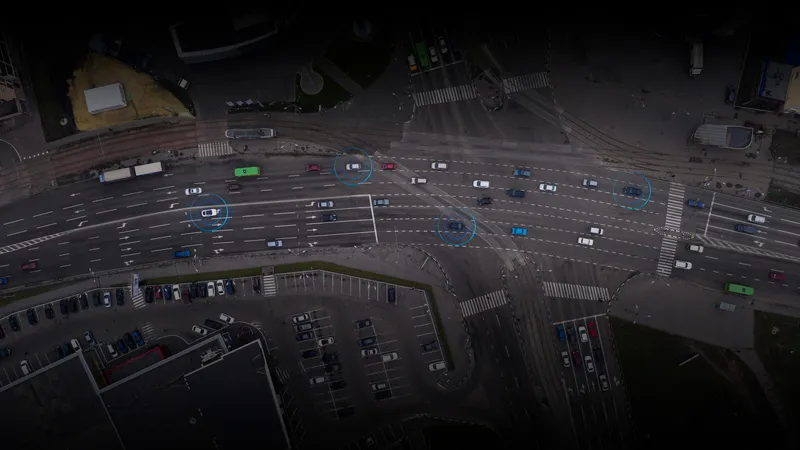French public transport operator Régie Autonome des Transports Parisiens (RATP) and Nokia have successfully completed the first trial of 4G LTE technology on a portion of the Paris Metro line 14.
According to RATP, the trial demonstrated that a single 4G LTE network can be used for all operational train communications, which are currently supported by different channels – a mixture of wi-fi, digital radio and 3G/4G networks.
The test demonstrated that a single LTE mobile network can replace tradition
August 9, 2016
Read time: 2 mins
French public transport operator Régie Autonome des Transports Parisiens (4223 RATP) and Nokia have successfully completed the first trial of 4G LTE technology on a portion of the Paris Metro line 14.
According to RATP, the trial demonstrated that a single 4G LTE network can be used for all operational train communications, which are currently supported by different channels – a mixture of wi-fi, digital radio and 3G/4G networks.
The test demonstrated that a single LTE mobile network can replace traditional wi-fi networks and manage data transmissions from multiple applications simultaneously, including a simulation of train control (CBTC simulation based on pre-recorded real data). It also included video on trains and platforms; operational voice communications; multimedia passenger information on trains and platforms; and maintenance and supervision services.
This trial marks a significant contribution to start of the standardisation process required before any operational rollout of 4G LTE technology in transport systems and associated customer services.
The trial was carried out under the R&D SYSTUF (SYStème Télécom pour les Transports Urbains du Futur) project, which aims to demonstrate that it is possible to use a single telecommunication technology, such as LTE, that is able to meet both critical and non-critical applications of future public transport systems.
According to RATP, the trial demonstrated that a single 4G LTE network can be used for all operational train communications, which are currently supported by different channels – a mixture of wi-fi, digital radio and 3G/4G networks.
The test demonstrated that a single LTE mobile network can replace traditional wi-fi networks and manage data transmissions from multiple applications simultaneously, including a simulation of train control (CBTC simulation based on pre-recorded real data). It also included video on trains and platforms; operational voice communications; multimedia passenger information on trains and platforms; and maintenance and supervision services.
This trial marks a significant contribution to start of the standardisation process required before any operational rollout of 4G LTE technology in transport systems and associated customer services.
The trial was carried out under the R&D SYSTUF (SYStème Télécom pour les Transports Urbains du Futur) project, which aims to demonstrate that it is possible to use a single telecommunication technology, such as LTE, that is able to meet both critical and non-critical applications of future public transport systems.










